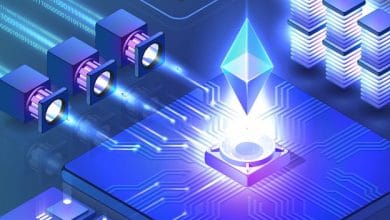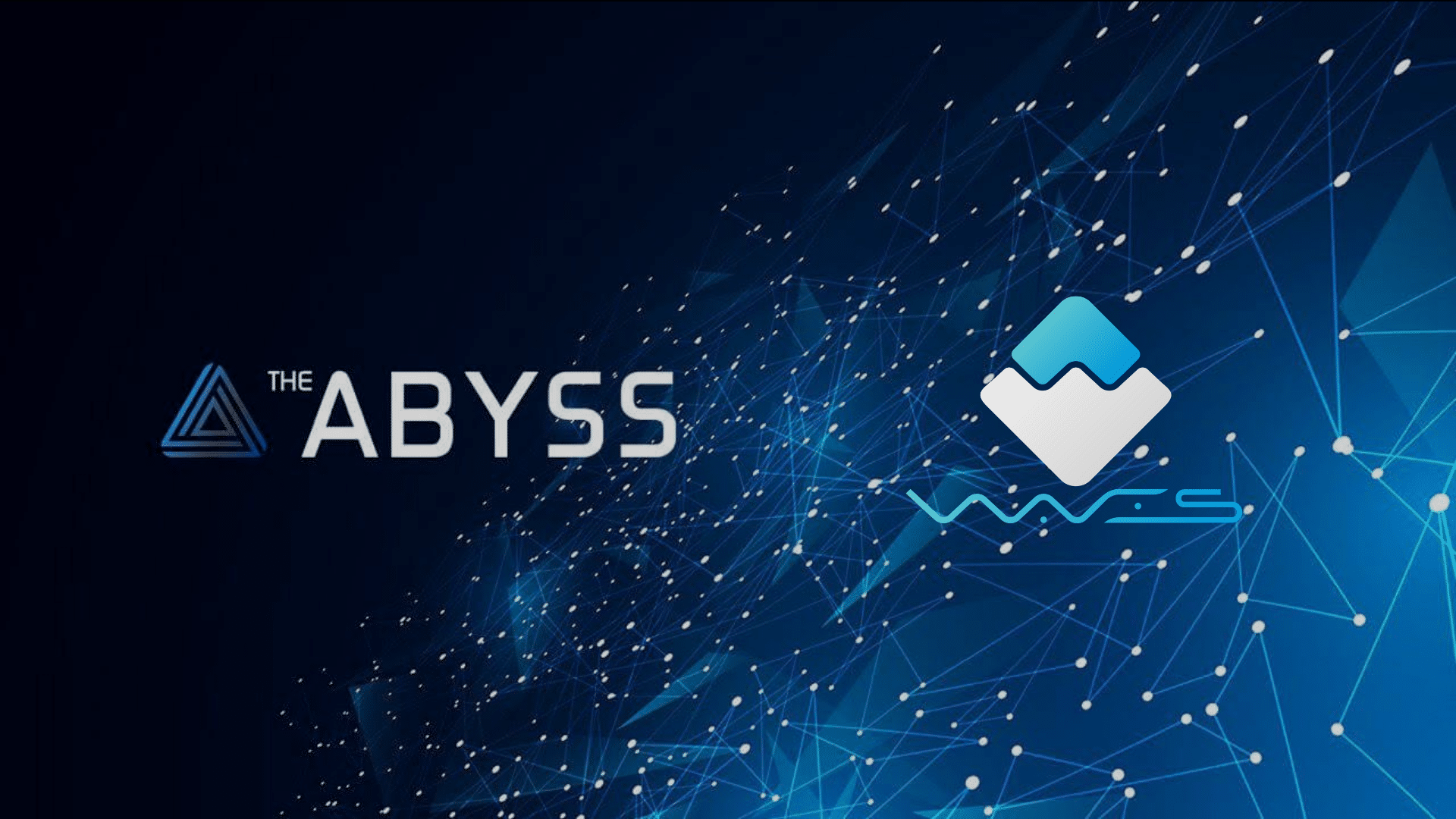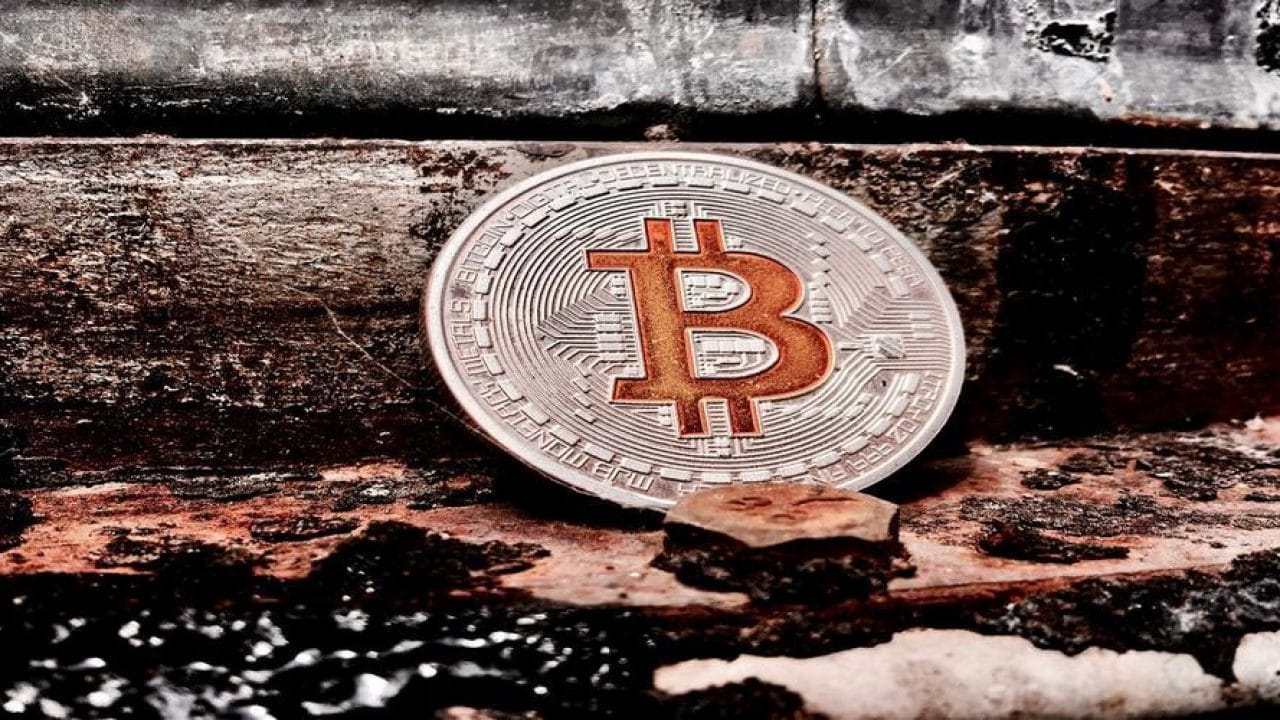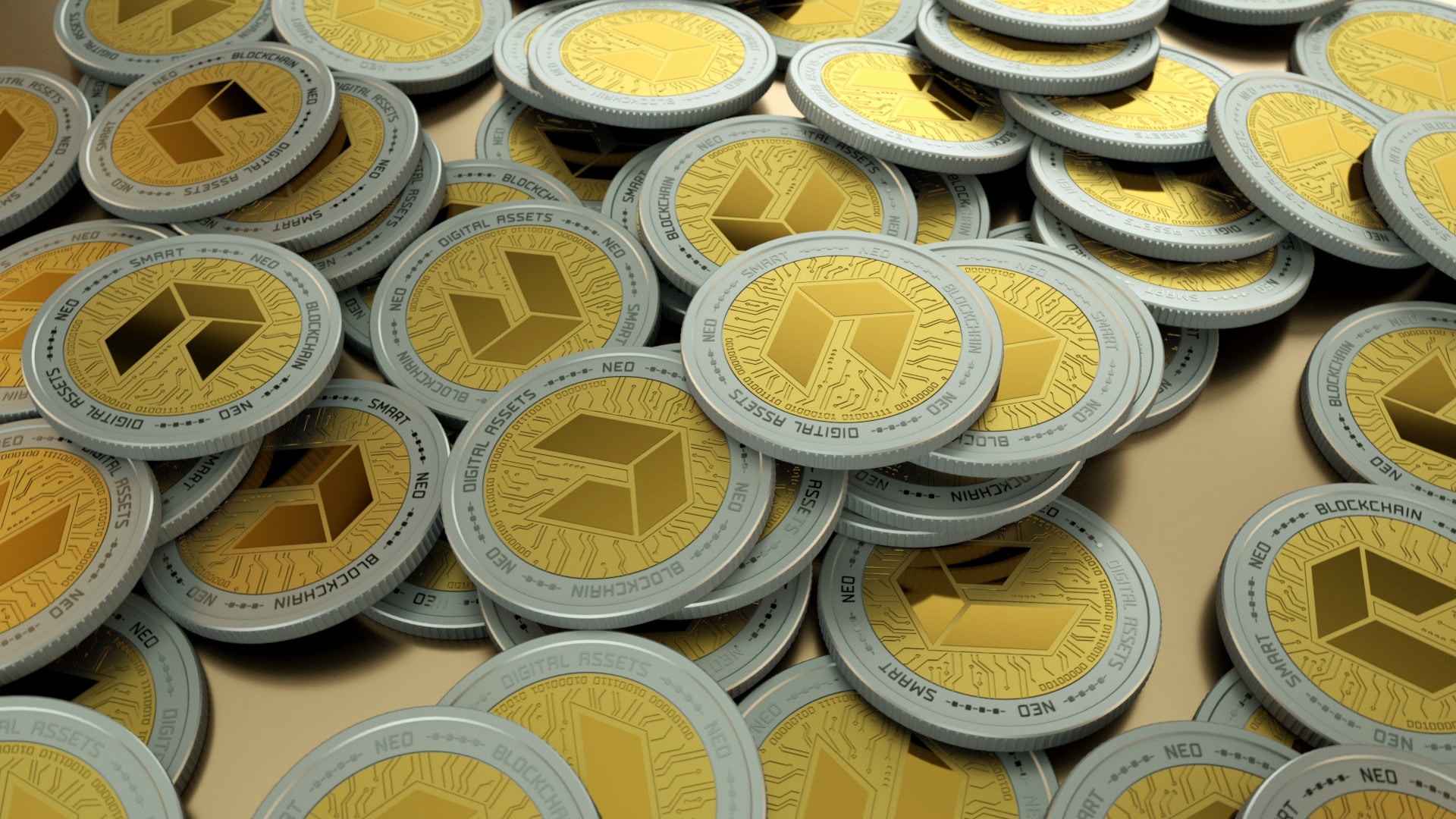The second largest Indian state to use blockchain in various spheres

Maharashtra is the second largest state in India and the home of the financial capital of the country.
Technological advancements and innovative research have helped tremendously in the development of the state. Recently the Government has been keen on using the Blockchain technology in various startups including Agriculture and organ transplants.
Blockchain technology is being described and considered as the future of trade and transactions and a solution to the non-transparency issues persistent in the areas of Governance and Business. Klaus Shwab, Founder and Executive Chairman of the World Economic Forum provide this summary in his book on the fourth industrial revolution. “In essence, the blockchain is a shared, programmable cryptographically secure and therefore trusted ledger which no single user controls and which can be inspected by anyone.”
At the Maharashtra tech summit 2018, with the theme, ‘Digital transformation through the Blockchain,’ the chief minister Devendra Fadnavis opened up about his Keenness to implement blockchains in governance in the State and the Country. During his address, he made a few interesting statements like “We’ve seen the internet of information so far, but with blockchain we see the internet of value.” He was also quoted saying, “The issuing of currencies has been the function of the sovereign, but things are changing, and it’s time the govt learned it”.
Maharashtra was the third state in India to implement blockchains in any sector. Telangana known as India’s blockchain district and Andra Pradesh were the pioneers in India to do so. Today half of the States in the country are running pilots’ studies, and some have begun to implement them too including Maharashtra.
Maharashtra government confirmed an ambitious plan to implement blockchain technology in agriculture marketing, Supply chain, registration of vehicles and document management system in the year 2018. The Maharashtra Information technology directorate was the nodal agency for implementation. Since then the Government has been actively involved in this mission. The government of Maharashtra endorsed the Internationally acclaimed global tech event series, World blockchain summit, which took place on 20 June 2019 in Mumbai. Well aware of India’s rising potential of being the next technology epicentre of the World, World block chain summit brought down the nation’s top technology experts, investors and thought- leaders to the financial hub to help bridge the local market and the Global industry, which could be instrumental in helping the nation curb the problems like financial mismanagement, corruption and supply-chain bottlenecks in the Manufacturing Industry.
The pilot study by the Maharashtra govt, which started in early 2018 was concluded recently with four blockchain proof of concepts (POC’s) that tracks organ transplants, rationing, land records, and digital certification. These projects are about to be implemented. With most of the projects at pilot stage (92%) and the business benefits of the blockchain becoming clearer to enterprises a sizable share of the projects are expected to poss the business case evaluation barrier and move into production in 2019 itself.
The Maharashtra govt has also signed a Mou with the Swiss govt and the Bahrain Economic Development Board to share ideas on blockchain technology and its applications.
Other than the RBI, the government-run think-tank, NITI Aayog is working on a blockchain solution called Indiachain. They plan to issue digital degree certificates that can be verified using an app and fight the menace of fake educational degrees in India. Private companies like Jio, Infosys and IBM are also on research to build blockchain networks.



